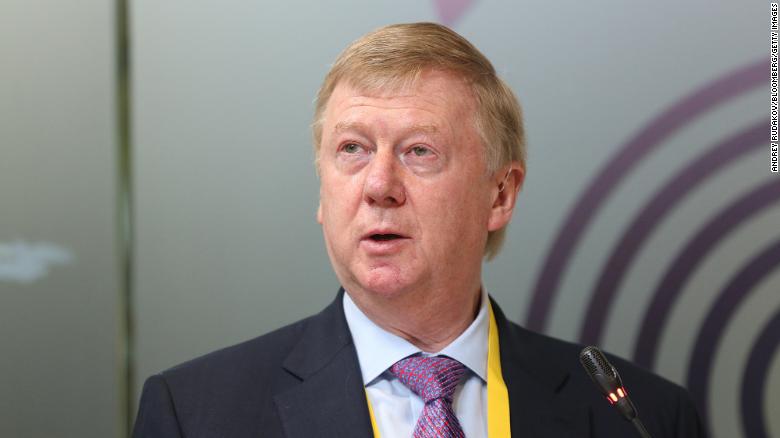Speculation mounted over the whereabouts of Defense Minister Sergei Shoigu on Thursday as the Kremlin spokesperson declined to comment on media reports that he had health problems.
Shoigu, a close ally of President Vladimir Putin, has kept a low profile recently despite having a leading role in Russia’s invasion of Ukraine. The independent investigative Russian outlet Agentstvo reported Wednesday that Shoigu was in poor health, citing anonymous sources in the ministry.
Peskov dodged questions on Thursday about the health of Shoigu. “The Defense Minister has a lot on his plate at the moment,” he said when CNN asked about Shoigu’s reported absence. “The special military operation is going on. Naturally, now is not exactly the time for media activity, this is quite understandable.”
The Kremlin spokesperson declined to disprove the report by Agentstvo when asked by CNN. “I can’t. You shouldn’t listen to the Agenstvo media outlet. Please address [these questions to] the Ministry of Defense.”
Shoigu appeared in a Channel One broadcast on March 18 that the Russian outlet said was from that day, but Russian journalists have speculated that the event being broadcast was from March 11.
State-owned TV channel Russia 24 broadcast footage on Thursday of a virtual meeting attended by Shoigu, but did not say when the meeting took place.
The anchor quoted Peskov suggesting Shoigu was giving a report to the National Security Council on the military operation in Ukraine remotely. The broadcast footage, which interrupted a live interview, did not show Shoigu speak, but his image appeared on screen among other video call participants reporting to Putin.
During a televised Security Council Meeting in Russia on March 11, Shoigu told Putin that its invasion of Ukraine was being carried out successfully, despite evidence to the contrary.
Western leaders said at the time that Russia’s military had encountered unplanned obstacles and resistance.
“All is going according to the plan, we report to you here every day this week,” Shoigu said.
He also claimed that the Russian army had received more than 16,000 applications from volunteers in the Middle East wanting to join the war in Ukraine.
The defense minister also asked Putin for more weapons to arm the separatist regions in Ukraine’s Donbas.
Russian military leaders, including Shoigu, have been stonewalling their US counterparts, declining calls since the invasion began, Pentagon press secretary John Kirby said in a statement Thursday.
He added that US Defense Secretary Lloyd Austin and the chairman of the Joint Chiefs of Staff, Mark A. Milley, “have sought, and continue to seek, calls with their Russian counterparts. Minister Shoigu and General (Valery) Gerasimov have so far declined to engage.”
“We continue to believe that engagement between U.S. and Russian defense leaders is critically important at this time,” Kirby added.
CNN has previously reported that the last known time Austin last spoke with Shoigu was on February 18. Milley last spoke to Gerasimov on February 11.
Envoy quits
The speculation over Shoigu’s health comes as a longstanding Russian government insider, Anatoly Chubais, became the highest-profile Kremlin figure to resign since the war began a month ago.
Peskov confirmed that Chubais quit his job as Putin’s climate envoy, but denied any knowledge of Chubais’ reported opposition to the invasion of Ukraine.
“No, the Kremlin doesn’t know anything about it,” Peskov told CNN when asked to comment on reports suggesting Chubais quit his job over disapproval of Putin’s decision to launch the war in Ukraine.

Peskov also confirmed his resignation letter would have to be sent to Putin himself.
“Those who are appointed by presidential decree write (resignation letters) addressed to Putin,” he added.
Peskov said Chubais had not been a full-time government employee and was working on a voluntary basis.
Chubais first rose to prominence as Russian President Boris Yeltsin’s finance minister in the 1990s before going on to hold powerful posts in the Russian energy industry.
As reported by CNN
